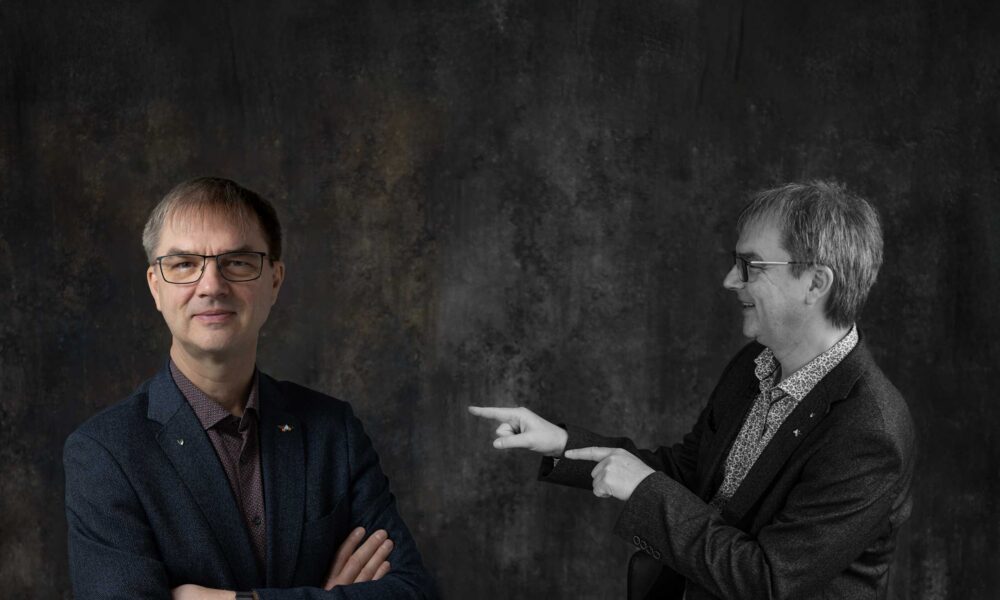Why choose Team Coaching over traditional training or 1:1 coaching?

Team coaching provides a reflective and interactive space where teams can explore their dynamics, deepen their collective purpose, and co-create strategies that meet the expectations of their stakeholders. Unlike typical training or consultancy—where an external expert imparts knowledge or prescribes solutions—team coaching empowers the team to become the expert in its own evolution.
Why Team Coaching?
While training and consultancy have their place, they often offer external input that may not fully engage the internal dynamics of a team. Team coaching, in contrast, offers a collaborative environment where team members:
- Engage in mutual learning and respect.
- Deepen self-awareness and empathy toward each other and external stakeholders.
- Take ownership of diagnosing challenges and generating their own solutions.
- Enhance performance through reflection, real-time dialogue, and sustainable action.
As organisational challenges grow in complexity, the value of cohesive teams continues to rise. A study by EY in 2013 revealed that nearly 90% of companies acknowledge that effective problem-solving now requires team-based approaches.
“Organisations of the future will be governed by networks of teams.”
— Deloitte, 2017Team coaching is not merely about boosting performance; it is about creating a lasting rhythm of reflection, dialogue, and growth. As Peter Hawkins (author of Leadership Team Coaching) puts it, team coaching sits on a continuum—fostering sustainable learning loops that help teams review and evolve their ways of working to meet shared goals.
Beyond Interventions: The Core of Team Coaching

Unlike static models or single-event workshops, team coaching is:
- Ongoing and iterative
- Grounded in real team needs and relationships
- Driven by co-creation, not instruction
Chris Jackson, CEO of Jarra CIC and experienced team coach, highlights some of the core areas where team coaching can offer measurable value:
- Clarifying the team’s mission and direction
- Strengthening trust and psychological safety
- Fostering transparent communication and openness
- Developing a shared mindset for continuous growth
- Enhancing both internal and external relationships
- Supporting conflict resolution and emotional resilience
- Helping teams make informed, value-aligned decisions
“Belbin’s longevity speaks volumes. Its clarity and depth became obvious during the London course—tools I had known about suddenly clicked as essential, practical instruments when applied properly.”
— Chris Jackson, Jarra CIC
Why not just individual coaching?
While 1:1 coaching supports personal development, it does not address the relational dynamics between team members. In today’s interconnected work environments, it’s rarely the individual who blocks progress—it’s how the team functions together.
That’s why team coaching focuses on shared purpose, agreements, and how the team shows up as a collective. It’s not about fixing people. It’s about strengthening the whole.
What qualities make a good Team Coach?

According to Elena Hinova-McNamee, a team coach needs to:
- Stay neutral, without siding with individuals
- Balance challenge and support
- Create psychological safety to explore tensions and contradictions
- Reflect what’s happening in the team, not just to the team
- Allow the team to lead the change process
This makes the process developmental, not just performance-driven.
What can you expect from Team Coaching?
Team coaching doesn’t follow a rigid script. Instead, the coach partners with the team to:
- Strengthen its shared purpose and strategy
- Build trust and openness
- Co-create and refine working agreements
- Handle conflict productively
- Adapt and grow as needs evolve
As Hinova-McNamee notes:
“Real change happens in real teams, in real time, tackling real challenges.”
What is Team Coaching?
Belbin webinar series with Dr. Elena Hinova-McNamee
“I wanted to find something that gives a more deep and sustainable influence and impact on the team, and this is how I came across Team Coaching.” – Elena Hinova-McNamee
Elena has shared her thoughts from her experience and own team coaching journey. She expanded on how in Team Coaching the team is the expert – they know their challenges, and the team coach creates that safe environment, that safe container where they can find the solutions to become a thriving, high performing team, whatever they are aiming at.
Is Team Coaching always the answer?
Not always.
Team coaching requires readiness. If team members are not yet aligned on goals or unwilling to reflect honestly, it may be too early.
In such cases, team training or facilitated workshops may be the right first step—building shared understanding and psychological safety.
The Belbin Connection
Belbin Team Roles provide a behavioral lens through which to observe and understand team dynamics. Used in combination with team coaching, Belbin helps:
- Identify individual and collective strengths
- Reveal allowable weaknesses
- Understand behavioral patterns and blind spots
- Explore role overlaps and gaps
By integrating Belbin, team coaching becomes more grounded, structured, and actionable. It supports teams in recognising what they already do well—and what needs attention.
Final Thoughts
Team coaching is not a one-size-fits-all solution. But when the timing is right, and the team is ready, it’s one of the most powerful levers for cultural and performance transformation.
As teams face growing complexity and uncertainty, the ability to pause, reflect, adapt, and grow together becomes essential.
Team coaching enables exactly that.
“The most high-performing teams are self-coaching.”
– Jon Katzenbach, The Wisdom of Teams

